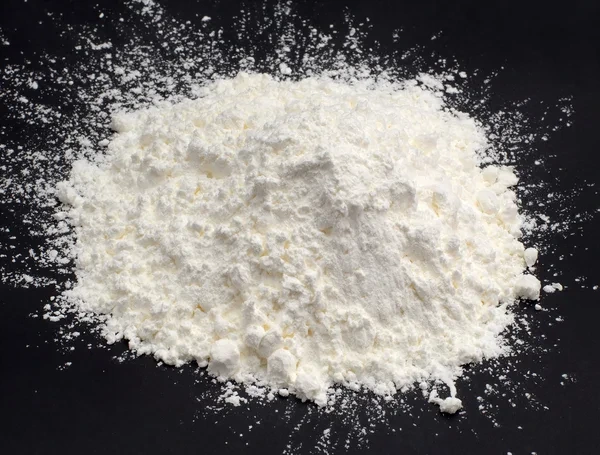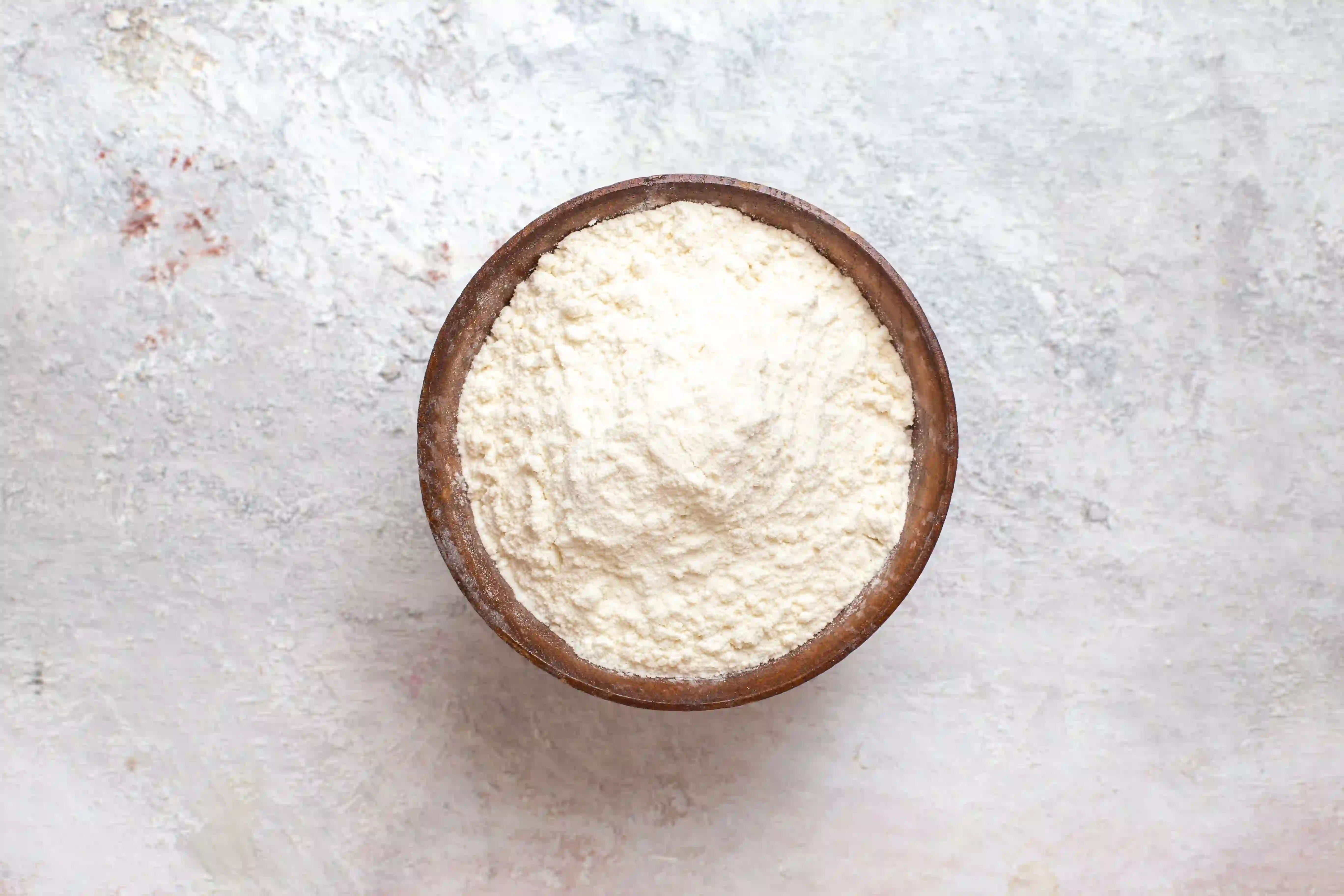Pea Starch
|
IUPAC Name |
: Pea Starch |
|
Cas Number |
: 9005-25-8 |
|
HS Code |
: 3505.10.10 |
|
Formula |
: (C6H10O5)n |
Basic Information
|
Appearance Name |
: White Powder |
|
Common Names |
: Pea Starch |
|
Packaging |
: 25 kg PP Bag |


----thailand.webp)
-starch.webp)

